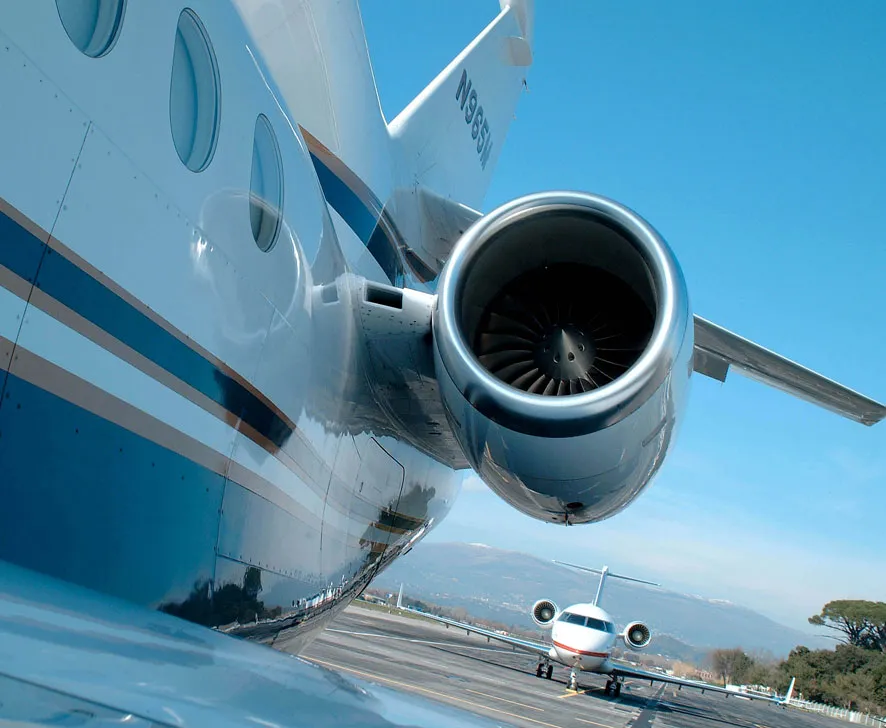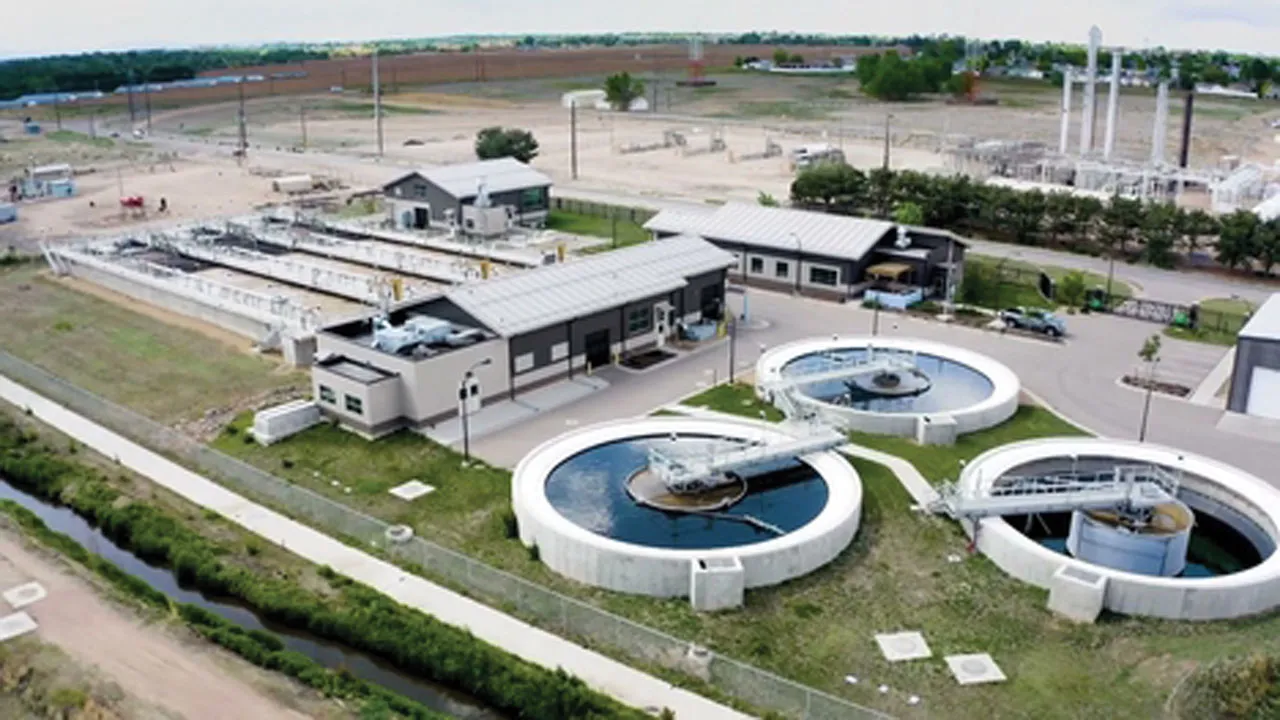How drawn-out negotiations grounded Allegiant’s flight plans at the NoCo Airport

LOVELAND — Travelers along the Northern Front Range are scrambling to rebook flights after Allegiant Travel Co. (Nasdaq: ALGT) canceled its routes from Northern Colorado Regional Airport to Las Vegas and Mesa, Arizona, last week.
The announcement seemingly came out of nowhere, but a prolonged series of discussions between the airport and a third-party air-traffic-control company ended abruptly this month and ultimately caused the staffing delay that would make Allegiant pull out.
Negotiations begin
Northern Colorado Regional Airport director Jason Licon told BizWest that the airport contacted Serco Management Services Inc. two…
THIS ARTICLE IS FOR SUBSCRIBERS ONLY
Continue reading for less than $3 per week!
Get a month of award-winning local business news, trends and insights
Access award-winning content today!




